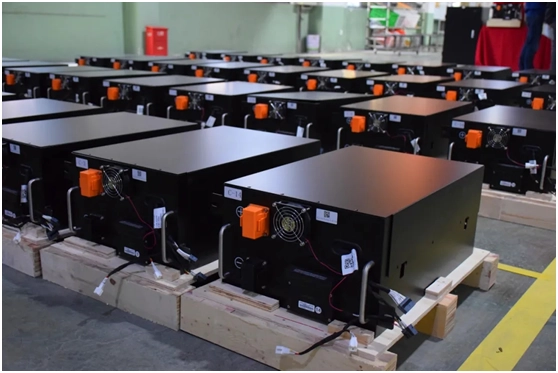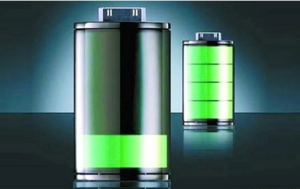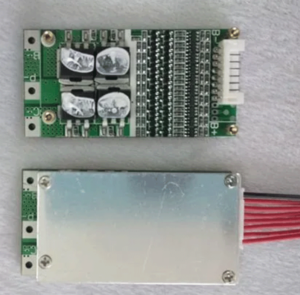With the rapid development of renewable energy, the demand for energy storage technology is growing day by day. As an efficient and reliable energy storage device, lithium batteries are gradually becoming an important part of energy storage systems. This article introduces the application cases of lithium battery technology in energy storage systems and discusses its future development prospects.

1. Home energy storage system
Home energy storage system refers to the combination of solar photovoltaic power generation system and lithium battery energy storage system to achieve self-sufficient power supply for the home. With the popularity of solar photovoltaic power generation systems, the demand for home energy storage systems is also increasing. As the core device of the home energy storage system, lithium batteries can store excess electricity generated by solar photovoltaic power for emergency use. For example, the Powerwall home energy storage system launched by Tesla uses lithium battery technology and can store 13.5 kilowatt-hours of electrical energy to provide reliable backup power for homes.
2. Commercial energy storage system
Commercial energy storage systems refer to the combination of renewable energy power generation systems and lithium battery energy storage systems to meet the power needs of commercial buildings. The power demand of commercial buildings usually fluctuates greatly, and lithium battery energy storage systems can store electrical energy when the power supply is sufficient and release it during peak demand periods, thereby achieving peak shaving and load balancing of the power grid. For example, Walmart in the United States has installed large-scale lithium battery energy storage systems in its commercial buildings to balance the difference between power supply and demand and reduce energy costs.
3. Industrial energy storage system
Industrial energy storage system refers to the storage of excess electrical energy from industrial equipment to prepare for emergencies. The power demand of industrial equipment usually fluctuates greatly, and lithium battery energy storage systems can store power when the power supply is sufficient and release it during peak demand periods, thereby achieving peak shaving and load balancing of the power grid. For example, Germany’s BMW has installed large-scale lithium battery energy storage systems in its factories to balance the power demand of industrial equipment and improve energy efficiency.
4. Microgrid energy storage system
Microgrid refers to the combination of a variety of energy equipment (such as solar photovoltaic power generation, wind power generation, etc.) and lithium battery energy storage systems to form a small energy system to meet the power needs of a specific area. Microgrid energy storage systems can store excess electricity from renewable energy sources for emergency use. For example, multiple microgrid energy storage systems have been established on the island of Hawaii in the United States. The lithium battery energy storage system realizes the efficient use of renewable energy and reduces dependence on traditional energy.
Based on the above, the application cases of lithium battery technology in energy storage systems are rich and diverse. From home energy storage systems to commercial energy storage systems to industrial energy storage systems and microgrid energy storage systems, lithium battery technology plays an important role. With the continuous advancement of lithium battery technology, it is believed that lithium batteries will be more and more widely used in energy storage systems, providing strong support for the development of renewable energy.
https://powerxxsolar.com/porduct/
https://wa.me/message/CAA3L465O4QJM1




